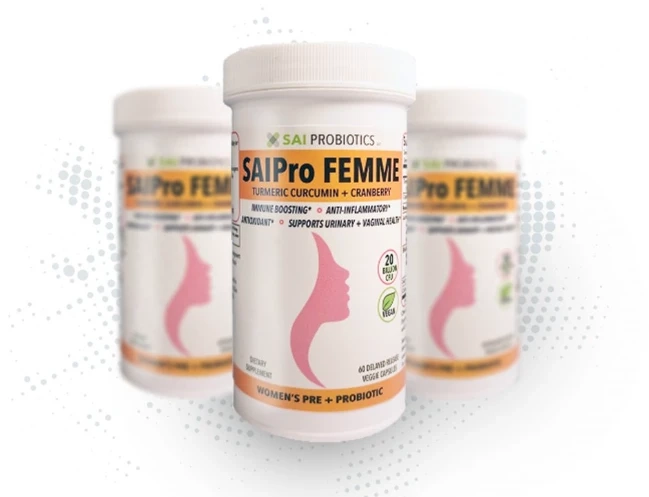To the average person, the word “bacteria” may invoke all kinds of negative ideas about their impact on us, but you’d be surprised to know that bacteria can work wonders for your health! Probiotics, the good bacteria found in yogurt and other fermented foods and supplements, are used to manage everything from lactose intolerance to leaky gut syndrome. These probiotics can be supplemented through foods like yogurt and kombucha, but some people prefer to take them in the form of pills or powder as a way to ensure they’re getting enough of these helpful little bugs.
That being said, if you’re looking to improve your health, you might be wondering whether food sources or supplements are better a better way of getting probiotics in your system. Read on to learn more about how they stack up against each other.
What are Probiotics?
Before we can decide whether yogurt or probiotic supplements are better, it’s helpful to understand what probiotics actually are and why they’re beneficial. Probiotics are microorganisms that are believed to improve health by rebalancing gut bacteria. They're also sometimes referred to as good or helpful bacteria and can be ingested through food and supplements. Probiotics help maintain a healthy balance of microorganisms in your intestines, may prevent infections, reduce inflammation and digestive problems, support immune function, and help regulate metabolism—to name just a few functions.
Why Yogurt and Other Foods Fall Short as a Sufficient Source of Probiotic
Yogurt is replete with essential nutrients such as protein and calcium and offers a myriad of health benefits. In fact, owing to its fermentation process, it does contain good bacteria, which can contribute to improved gut health, enhanced metabolism, and more. But even though yogurt has certain health benefits, it can't be depended upon to be a reliable and sufficient supply of probiotics.
Food products generally falls short in supplying both high levels of probiotics and may not provide the specific probiotic strains most appropriate in supporting your gut health for the following reasons:
Unstandardized Collection of Strain
Although yogurt contains Lactobacillus bulgaricus and Streptococcus thermophilus, the other strains in your yogurt are not as curated and standardized as those in well designed probiotic supplements. It’s important to know that every strain of these good bacteria has its own unique function when it comes to ensuring optimum health. By relying solely on yogurt for probiotics, you may potentially miss out on the best beneficial bugs for you.
Undetermined Potency
When it comes to yogurt, you don’t really know how much active bacteria it contains or how stable that bacteria is over time. You may also not be aware of what other ingredients are added to your yogurt, which can change its health value significantly. In many cases, probiotics found in supplements have a robust dosage and have well studied benefits. They also contain an established amount of each strain per serving, which means you can easily increase or reduce your dose as per your requirement.
Traditional Yogurt is Not Vegan
Although vegan yogurt does contain gut-supporting probiotics, dairy-based yogurts typically include at least Lactobacillus bulgaricus and Streptococcus thermophilus active cultures, which are widely studied and celebrated in the wellness community. However, you can easily reap the benefits of these strains by resorting to vegan probiotic supplements containing them, which can help balance your digestive system and enhance your immune function.
Are you looking for vegan probiotics in the USA? Head over to SAI Probiotics to get probiotics with unique ingredients derived from nature.


